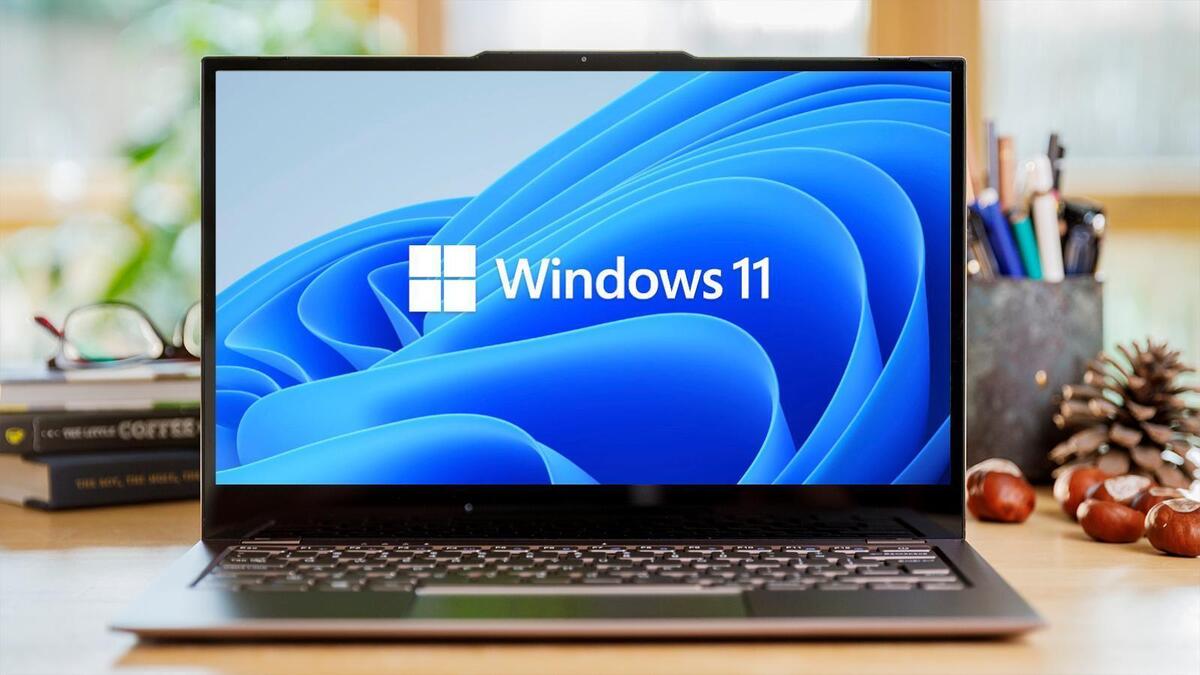Microsoft is apparently again changing the way it updates Windows 11, after having said the platform would receive just one major service upgrade per year in the fall, according to various reports.
The company is also expected to announce the first major features upgrade to Windows 11 later this month, likely on Sept. 20. Microsoft has not confirmed the date.
“Microsoft does not comment on future roadmap,” a spokesperson said.
More importantly for IT admins, Microsoft appears poised to change the rate at which it rolls out new versions of Windows to once every three years, similar to the schedule it relied on prior to Windows 10. That would mean, if that cadence holds, the equivalent of Windows 12 would be released in the fall of 2024.
Because support for Windows 10 isn’t scheduled to end until 2025, a "Windows 12" released in 2024, would mean IT admins have to contend with three versions of the operating system as the same time: Windows 10, 11, and 12.
When an OS reaches its end of life support, Microsoft will sometimes extend that support, something it did with Windows 10 due to the pandemic. However, Windows versions eventually reach the end of support, meaning customers no longer receive security updates. And while the OS may still work with programs and hardware, the possibility increases that new programs and hardware will not perform as designed.
“This frequently occurs because the manufacturers of new hardware and software make product-design decisions that take advantage of the increased functionality and features in newer operating systems,” Microsoft explains in its Windows support document. “These manufacturers may decide to discontinue support of their products on older operating systems as appropriate.”
Released in October 2021, Windows 11 will soon begin to get small, quarterly feature updates called “Moments,” similar to the company's “feature experience packs.”
The first “Moment” updates will add tabs and a new sidebar to File Explorer and enable a feature called “Suggested Actions” that will prompt users to take next steps based on texts selected in applications, according to Windows Central.
Though Microsoft has yet to confirm the release date of Windows 11 (22H2, or RTM build 22621), there’s been plenty of buzz focused around Sept. 20. The update is expected to showcase new UI features, a new taskbar manager, the ability to drag and drop items from the taskbar, and more customization options for its Start menu.
Beta channel users have already been test driving the Windows 11 22H2 updates.
Windows 11 version 22H2 will be a free update for current users and is expected to add productivity enhancements and improvements for tablet users. Among more than a dozen expected improvements, the OS will include tweaks to the task manager. Rather than tabs across the top for processes, performance, and startup apps, tasks will be presented as icons running vertically down the left column. Icons are also expected to be larger and to have space between the listings.
Additionally, new tasks such as opening a folder or running a program can be run directly from Task Manager.
Microsoft is also adding back several features to the Start menu that were part of Windows 10 but removed with the initial release of Windows 11; those features include the ability to create app folders and adjust the size of the pinned apps area.
Also making a comeback is drag and drop to the taskbar — the ability to drag a file onto an app icon on the taskbar. That allows the file to then open in the application, just as in Windows 10.
And "Suggested Actions" will offer users a menu of suggested options when they copy a date or phone number in the calendar or contacts function.
Microsoft announced last year it was moving from a semi-annual to annual release cycle for its feature updates — that is, once each year instead of in the spring and fall. That move more closely matches other platform vendors, including Apple and Google, which typically only update their feature sets once a year.
“New versions of Windows 11 will be released once per year and will receive monthly quality updates that include security and non-security updates,” Microsoft explained in a support document.
The annual updates will also be 40% smaller, so they’ll take less time to install, according Microsoft.
Windows 11 version 22H2, codenamed Sun Valley 2, is expected to have its first “Moment” update in October.
Jack Gold, principal analyst at J. Gold Associates, said the reported change in update cadence and the arrival of “Moment” incremental updates represents more of a “relabeling” than an actual change.
“It’s more in tune with what Apple does, and perhaps Microsoft wants to be perceived as more IT friendly, as Apple has been perceived lately,” Gold said. “But there will still need to be periodic unexpected updates as security issues arise in the OS that need immediate attention. And currently major feature updates happen infrequently anyway, so how will this save anything?”
Gold doesn’t believe enterprises should be concerned about handling multiple versions of Windows. “Enterprises usually don’t do major OS transitions until the end of life of the machine. Given that the typical lifetime of a PC in enterprise is three to four years, it’s likely enterprises will still only do a new OS migration when they buy a new machine,” Gold said.
Since enterprises also don’t usually change all PCs at once, IT will still need to support different OSes, Gold noted. Full fleet migrations are expensive and time consuming, so they usually only happen if Microsoft can show “a compelling benefit.”
“And then enterprises still need to make sure all their apps will run, so a lot of testing takes place,” Gold said. “It’s a little different for consumers who often keep their machines longer, and who may want to do an OS update if their machine is compatible and don’t have to worry about It costs.”






